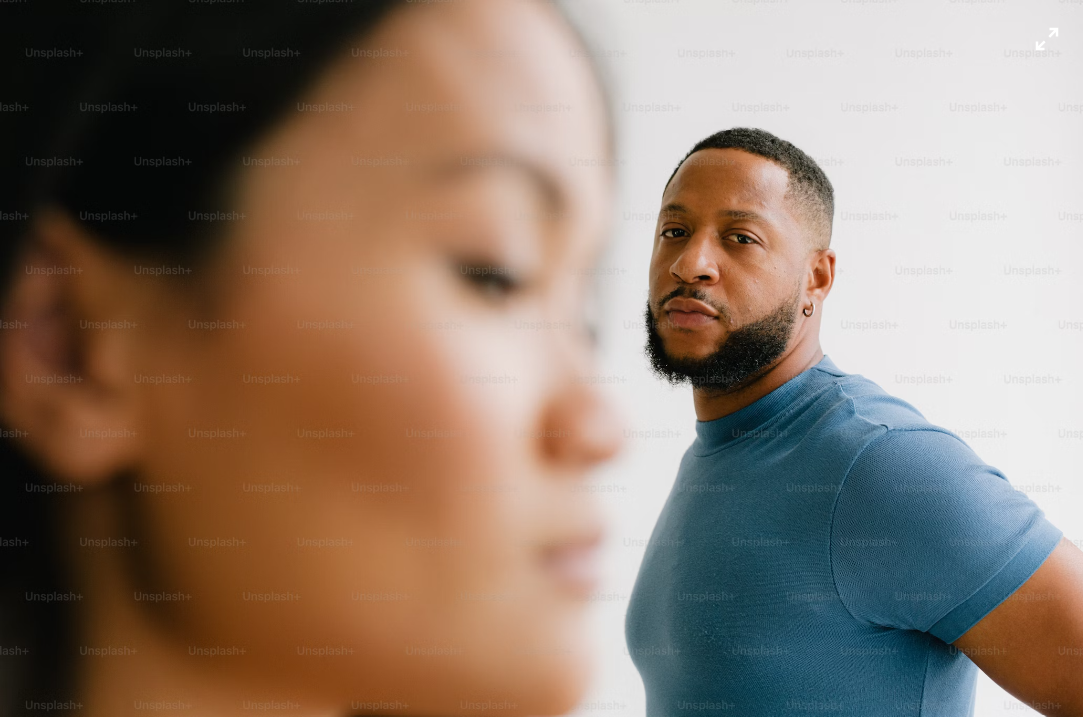In any healthy relationship, both partners should feel valued, respected, and appreciated.. An unequal relationship can be emotionally draining and detrimental to the well-being of the individuals involved. This article aims to shed light on 15 common signs of an unequal relationship, helping individuals recognize the warning signs and take appropriate actions to address imbalances.
Signs of an Unequal Relationship
1. Lack of Communication
One of the primary signs of an unequal relationship is a lack of open, honest communication. In such relationships, one partner may dominate discussions, dismiss the other’s opinions, or disregard their feelings altogether. Effective communication is the foundation of a healthy relationship, and any breach in this aspect can lead to resentment and emotional distance.
The dominant party often monopolizes decision-making, leaving the other feeling unheard and undervalued. With power imbalances, honest conversations are stifled, perpetuating inequality. The oppressed may fear expressing discontent, leading to resentment and emotional distance. Such a communication void breeds misunderstanding, perpetuates injustices, and hinders growth. For a healthy and equitable bond, open dialogue is imperative, fostering empathy, mutual respect, and genuine understanding between both individuals.
2. Imbalance in Decision-Making
In an unequal relationship, one partner tends to make most decisions without considering the other’s input. They may control major aspects of the relationship, such as finances, social activities, or future plans, leaving the other partner feeling powerless and insignificant.
Their opinions and choices often take precedence, leaving the other person marginalized and disempowered. The lack of balance in decision-making fosters a sense of inadequacy and dependency on the dominant individual. It perpetuates an unhealthy dynamic, eroding trust and diminishing the oppressed party’s sense of self-worth. Equal partnerships require shared decision-making, where both voices are valued, fostering mutual respect and cooperation.
3. Unequal Contribution
A telltale sign of an unequal relationship is an imbalance in the effort invested by each partner. One may take on more responsibilities and tasks, while the other contributes minimally, leading to feelings of burden and unfairness.
The dominant party may exploit the other’s efforts, leading to feelings of resentment and exploitation. This imbalance undermines the relationship’s foundation, eroding trust and respect. The oppressed partner’s diminished role hinders personal growth and fulfillment. Healthy relationships require equitable contributions, where both parties share responsibilities and support each other’s aspirations, fostering a sense of partnership and mutual growth.
4. Lack of Emotional Support
In unequal relationships, emotional support is often one-sided, with the dominant partner receiving more than they give. The oppressed individual’s emotional needs are neglected, causing feelings of loneliness and isolation. This lack of support fosters emotional distance, eroding intimacy and connection. The unbalanced nature of the relationship stifles vulnerability and hampers emotional growth. In healthy partnerships, both parties provide and receive emotional support, creating a safe and nurturing environment for mutual care and understanding.
Partners in an unequal relationship often experience a lack of emotional support from the dominant partner. Their feelings, struggles, and successes are overlooked, creating emotional distance and vulnerability to emotional manipulation.
5. Financial Control
Financial control is another evident sign of an unequal relationship. When one partner controls all the finances and restricts the other’s access or spending decisions, it can lead to feelings of dependence and inadequacy.
The dominant partner may dictate financial decisions, leaving the other feeling powerless and dependent. This control can lead to financial abuse, restricting access to resources and autonomy. The oppressed party’s dreams and aspirations take a backseat, perpetuating a cycle of subjugation. In healthy relationships, financial decisions are made jointly, with both partners having equal say, fostering financial transparency, trust, and empowerment.
6. Isolation from Friends and Family
An unequal relationship may involve isolating the less dominant partner from their support system, including friends and family. The dominant partner may intentionally create a situation where the other partner becomes increasingly reliant on them, heightening the power imbalance.
By cutting off social connections, they limit the oppressed person’s support network and perspectives outside the relationship. This isolation perpetuates dependence and weakens the individual’s self-esteem. Healthy relationships encourage maintaining friendships and family ties, promoting emotional well-being and a broader support system for both partners.
7. Lack of Trust
Trust is a fundamental aspect of any relationship, but in an unequal one, it may be difficult for the less dominant partner to trust the intentions and actions of the dominant partner fully. This mistrust can lead to anxiety, low self-esteem, and a feeling of being taken advantage of.
The dominant partner’s behavior may lead to constant suspicion and insecurity for the oppressed individual. The lack of trust hampers open communication, making it difficult to build a strong foundation of honesty and intimacy. In healthy relationships, trust is nurtured through mutual respect and equitable treatment, fostering emotional security and a deeper connection between both partners.
8. Emotional Manipulation
Emotional manipulation is a harmful trait prevalent in an unequal relationship. The dominant partner may use guilt, fear, or emotional outbursts to control and influence the less dominant partner’s actions and decisions.
9. Inequality in Personal Growth
Emotional manipulation thrives in unequal relationships, with the dominant partner exploiting their power to control the oppressed one’s emotions, perpetuating the cycle of imbalance and dependency. In an unequal relationship, one partner’s personal growth and aspirations are often prioritized over the other’s. This lack of support for personal development can lead to feelings of stagnation and resentment.
10. Power Struggles
An unequal relationship is often characterized by power struggles, where one partner constantly seeks to assert their dominance over the other. These struggles can escalate conflicts and create a toxic atmosphere.
11. Lack of Compromise
Compromise is essential in any healthy relationship. However, in an unequal partnership, compromise may be one-sided, with the dominant partner consistently getting their way while disregarding the needs and desires of the other.
12. Emotional and Physical Abuse
In extreme cases, an unequal relationship can turn abusive, with emotional, verbal, or even physical abuse becoming prevalent. The partner can feel cheated in such a scenario which is not good for any relationship.
13. Low Self-Esteem
The less dominant partner in an unequal relationship often experiences a decline in self-esteem. Constant belittlement, criticism, and dismissal of their worth can erode their self-confidence and sense of self.
14. Imbalance in Relationship Goals
Couples in an unequal relationship may find themselves with conflicting relationship goals. The dominant partner may be focused on personal gain or power, while the other seeks emotional connection and mutual growth, leading to further disparities.
15. Emotional Detachment
An unequal relationship can cause emotional detachment between partners. The less dominant partner may withdraw emotionally as a coping mechanism to protect themselves from the pain and frustration caused by the unequal dynamic.
If you find yourself experiencing any of these signs, it’s essential to address the issues openly and honestly with your partner. Communication, mutual respect, and a willingness to work together to create a balanced relationship are key to overcoming these imbalances and building a stronger, more equitable bond. Remember, every individual deserves to be in a relationship where they feel valued, respected, and loved.




